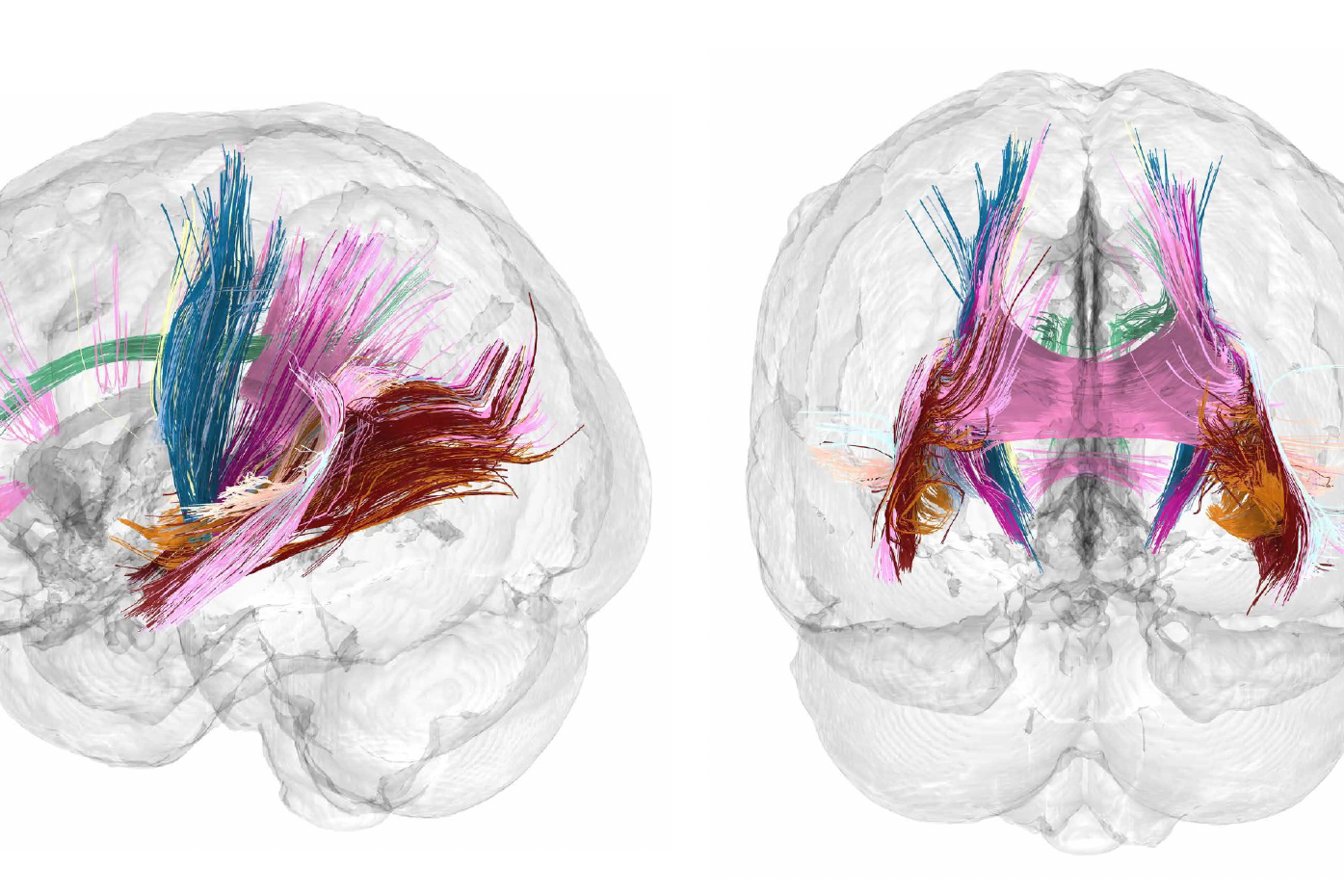Scans show changes in brain during pregnancy
The findings show that some parts of the human brain may shrink in size during pregnancy, but become better connected.

Your support helps us to tell the story
From reproductive rights to climate change to Big Tech, The Independent is on the ground when the story is developing. Whether it's investigating the financials of Elon Musk's pro-Trump PAC or producing our latest documentary, 'The A Word', which shines a light on the American women fighting for reproductive rights, we know how important it is to parse out the facts from the messaging.
At such a critical moment in US history, we need reporters on the ground. Your donation allows us to keep sending journalists to speak to both sides of the story.
The Independent is trusted by Americans across the entire political spectrum. And unlike many other quality news outlets, we choose not to lock Americans out of our reporting and analysis with paywalls. We believe quality journalism should be available to everyone, paid for by those who can afford it.
Your support makes all the difference.Some parts of the brain go through major changes during pregnancy and only a few regions remain untouched, the first map of the process suggests.
MRI scans taken before conception, throughout pregnancy and until two years after childbirth have shed light on how the brain changes.
Some of the changes may be permanent, with the brain reorganising itself during pregnancy, experts suggest.
The findings show that some parts of the human brain may shrink in size during pregnancy, but become better connected.
There is so much about the neurobiology of pregnancy that we don't understand yet, and it's not because women are too complicated
A few regions of the brain remain untouched by the transition to motherhood, the study published in Nature Neuroscience suggests.
Researchers said the findings, based on brain scans from one mother, may represent one of the first comprehensive maps of changes in the organ before, during and after human pregnancy.
Laura Pritschet, from the University of California, and colleagues analysed the pregnancy-related brain changes of a healthy 38-year-old woman who underwent IVF.
They conducted 26 MRI scans and blood tests from three weeks before conception up to two years postpartum.
The scans were compared to brain changes in eight people who were not pregnant.
Researchers observed some parts of the brain shrinking in volume and thickness by the ninth week of pregnancy, particularly in a region associated with social cognition.
However, they observed increases in other parts of the brain, linked to changes with rising estradiol (oestrogen) and progesterone hormone levels, with some persisting after birth.
According to the study, some of the changes in the brain were still present two years postpartum, including some of the shrinking, while others returned to similar levels as pre-conception by around two months after the birth.
Emily Jacobs, of the University of California, Santa Barbara, said: “There is so much about the neurobiology of pregnancy that we don’t understand yet, and it’s not because women are too complicated. It’s not because pregnancy is some Gordian knot.
“It’s a by-product of the fact that the biomedical sciences has historically ignored women’s health.
“It’s 2024 and this is the first glimpse we have at this fascinating neurobiological transition.
“Our ignorance has consequences.
Some people talk about ‘mummy brain’, or things like that, and I didn't really experience any of that. But obviously we know that there are these changes
“Scientists don’t have the data we need to predict postpartum depression before it manifests, we don’t have the data we need to understand the effects of pre-eclampsia on later life brain health. We need better data.”
One of the authors of the study, Elizabeth Chrastil, was the mother whose brain was mapped for the research, but she was not made aware of the findings until after the study.
She said: “From a sort of a subjective standpoint, I didn’t particularly feel any different during pregnancy.
“Some people talk about ‘mummy brain’, or things like that, and I didn’t really experience any of that.
“But obviously we know that there are these changes.”
She added that as a neuroscientist, it was “cool” to be able to contribute to science in this way
Nearly 85% of women become pregnant at least once, and 140 million women each year become pregnant.
Although pregnancy is known to cause physiological changes to the body, changes to the brain are not well understood.
The researchers hope that further scans and study could help shed light on conditions like postnatal depression, pre-eclampsia, brain ageing and why pregnancy can reduce migraines.